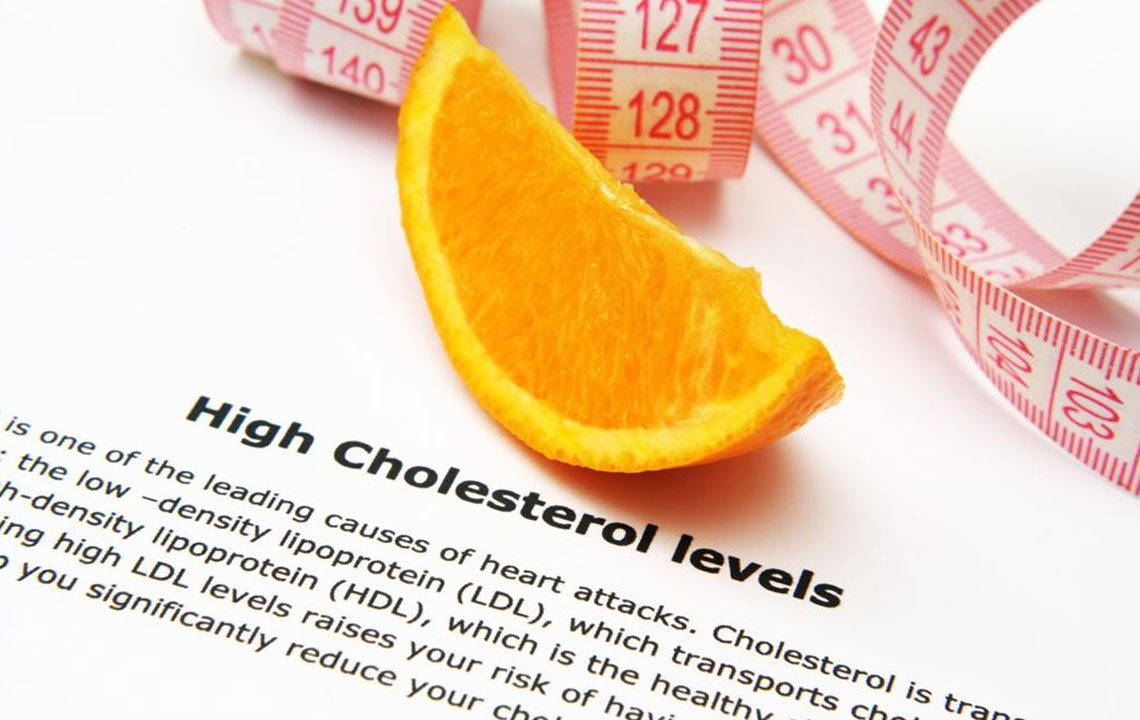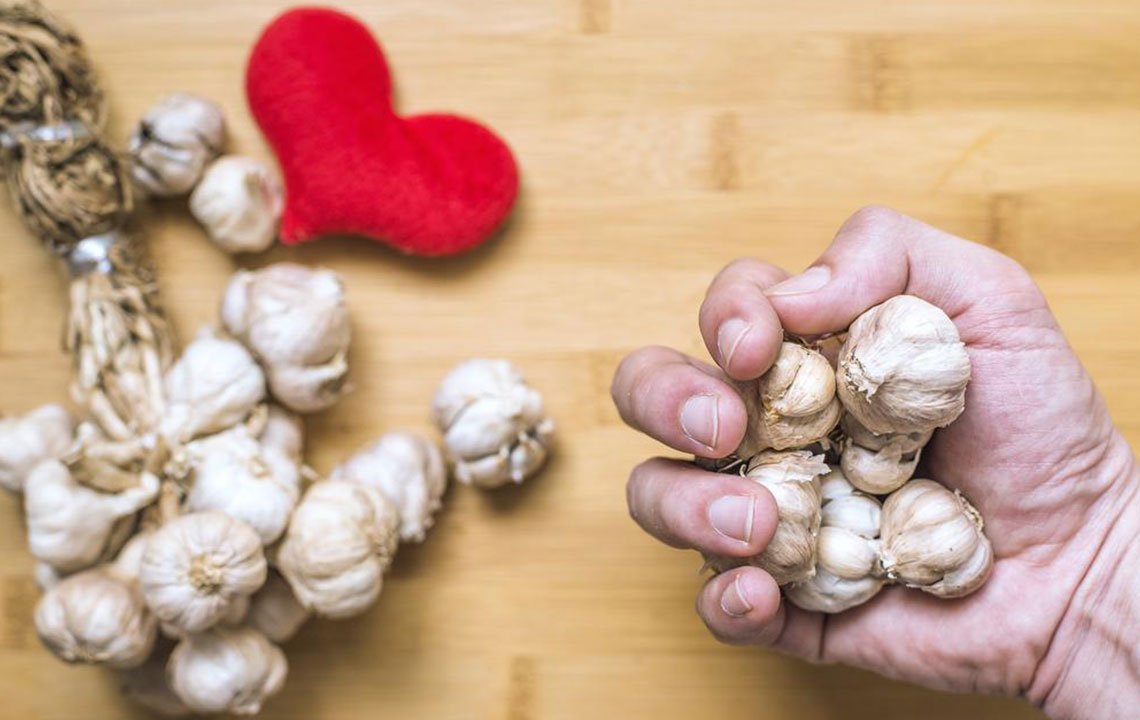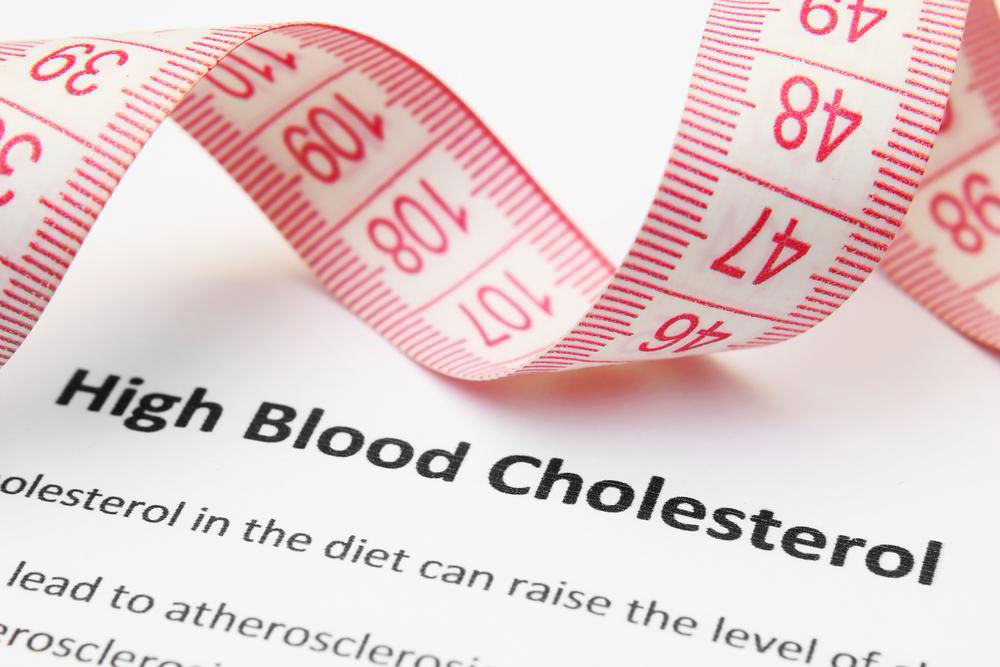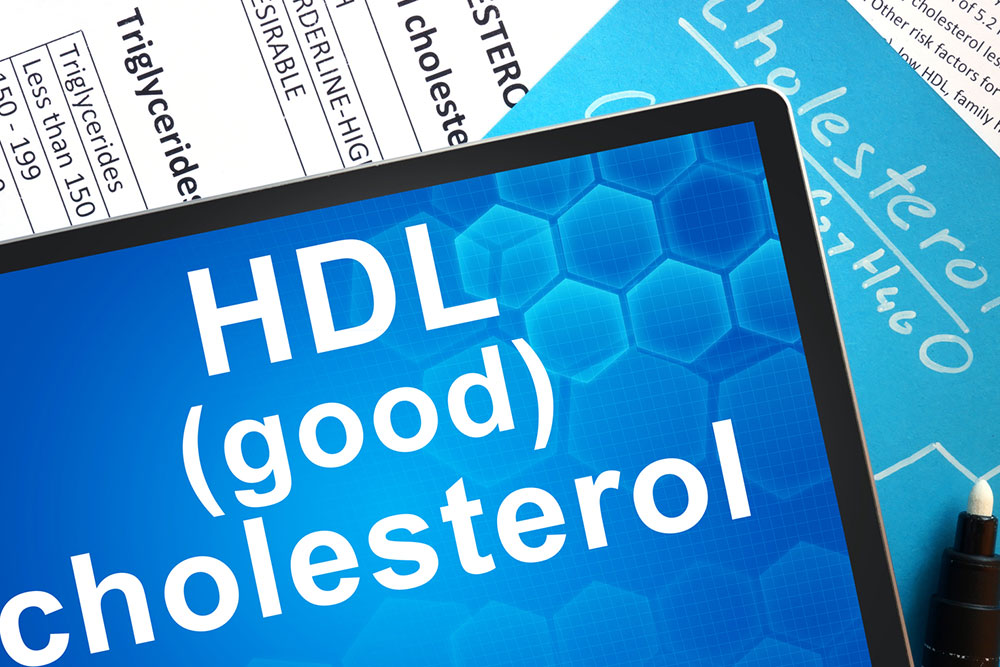Effective Strategies and Treatments for Managing High Cholesterol
Learn about effective treatments for managing high cholesterol, including lifestyle changes, medications, and natural remedies. Discover practical tips to lower LDL levels and improve heart health through dietary adjustments, exercise, and supplements like omega-3s, soy, and plant stanols. Always consult healthcare professionals for personalized advice and long-term management strategies.
Effective Strategies and Treatments for Managing High Cholesterol
Popular Options for Treating Elevated Cholesterol
High cholesterol, medically known as hypercholesterolemia, involves excess cholesterol in the blood, which can lead to plaque formation in arteries. Managing high cholesterol involves lowering LDL levels through lifestyle modifications, natural remedies, or medications when necessary.
Lifestyle Modifications
Healthcare professionals suggest dietary adjustments to help lower LDL swiftly. This includes cutting saturated fat intake to under 7% of daily calories and reducing total fat to 25-35% of total calorie consumption.

Additional measures include losing weight and engaging in regular physical activity, which aid in lowering cholesterol levels.
Medications for Cholesterol Reduction
Several drugs are prescribed to rapidly decrease LDL levels. These are classified into four main categories:
Statins: When natural methods are insufficient, statins may be prescribed. They inhibit liver cholesterol production and lower LDL and triglyceride levels. Since statins can thin blood, close medical supervision is essential.
Bile Acid Sequestrants: These drugs prevent reabsorption of fats, further decreasing LDL cholesterol.
Fibrates: Fibrates effectively lower cholesterol and triglycerides, especially in patients with elevated levels. However, they may cause muscle toxicity, particularly when combined with statins.
Niacin: This vitamin B3 derivative reduces blood lipids at doses between 3 to 8 grams daily.
Long-term management of high cholesterol often requires lifelong adherence. While medications typically show results within 6-12 months, maintaining consistent treatment is crucial for sustained benefits.
Additional resources such as the National Library of Medicine, American Heart Association, The Hormone Foundation, and The Framingham Heart Study can provide support and information.
Beyond medical approaches, natural remedies can also help reduce cholesterol levels. Methods such as incorporating omega-3 fatty acids from oily fish like salmon and herring, consuming soy protein, and using plant stanols and sterols from fruits, vegetables, and fortified products can be beneficial.
Some individuals consider garlic for cholesterol management; however, studies indicate limited effectiveness. Participants taking garlic showed no significant LDL reduction compared to placebo. As always, consult healthcare professionals before starting any new treatment or supplement.










